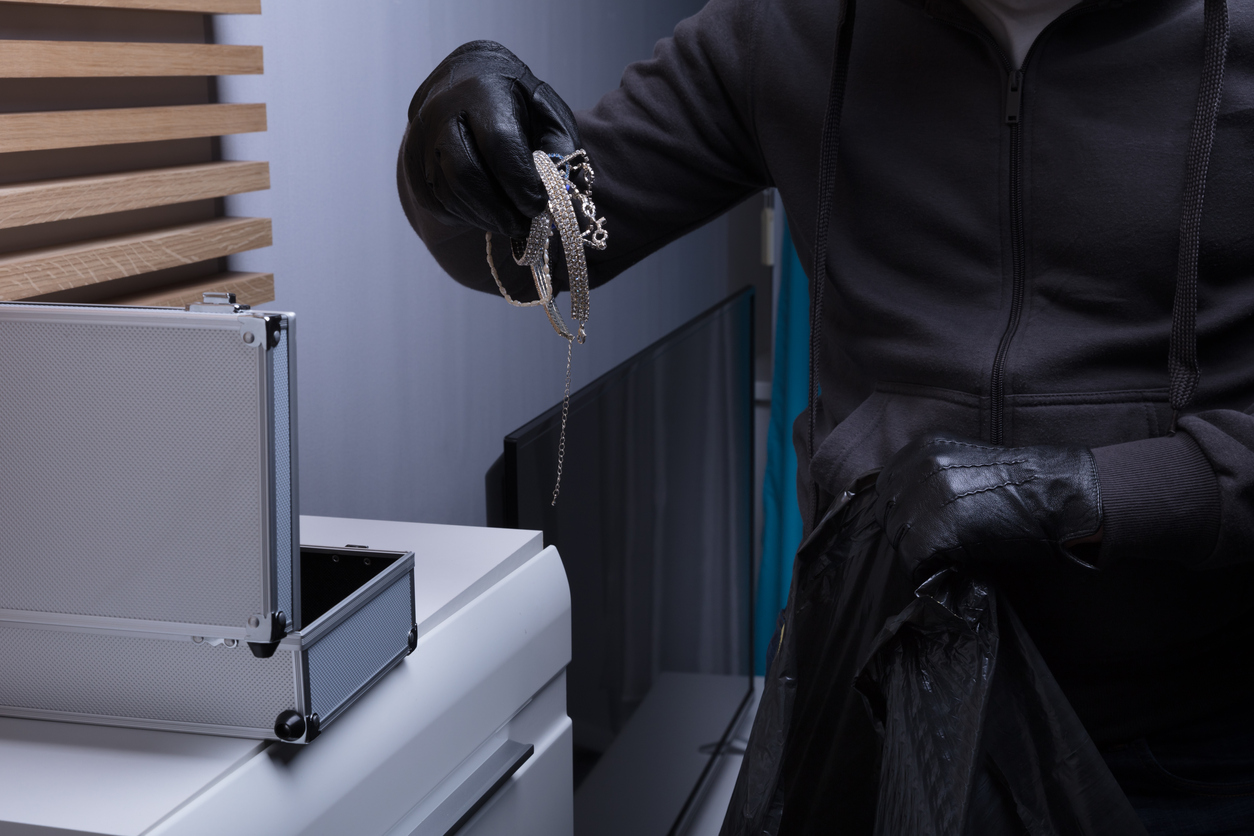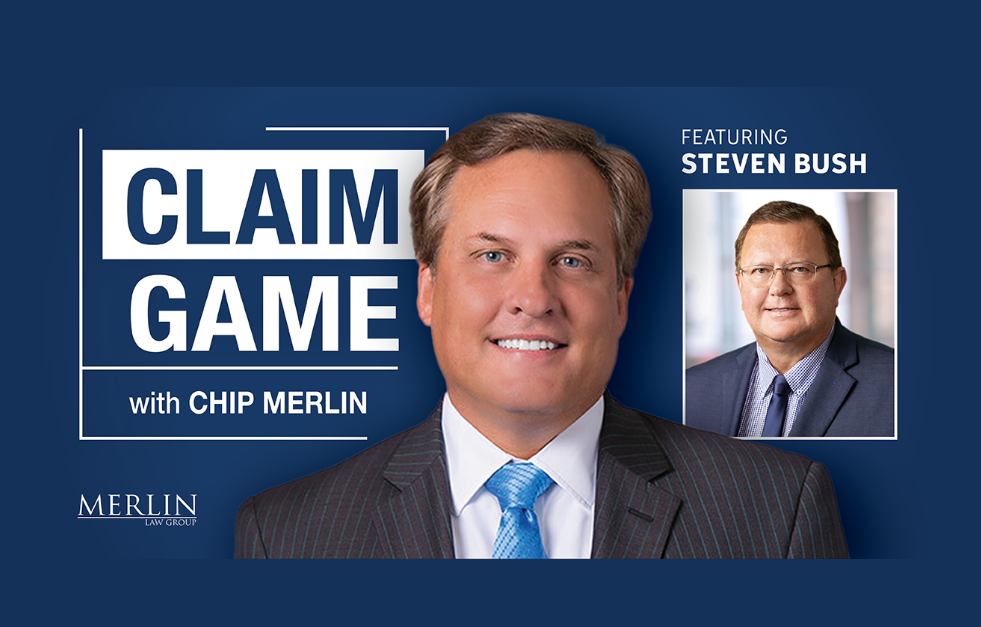Yesterday’s post, Texas Insurance Lobbyists Support Bad Insurance Practices promised to show “how the insurance lobby uses ‘think tanks’ and the media – directly referencing yours truly – to manipulate our own elected representatives.” As a conservative supporter of people trying to help people rather than cheating insurance companies and believer that propagandists are a huge threat to America, I want to show you just one connection between the strategy of Texas insurer lobbyists and “for hire spin doctors” that are paid for by insurance companies to hurt policyholders.
Remember how yesterday’s post noted that the insurance industry wanted to immunize slow paying and claim denying insurers from having to be responsible for full interest and attorneys’ fees – the type of personal accountability for wrongful behavior that every insurer should be responsible and expect its customer will incur just to get paid? Now read this blog article re-published by the insurance industry publication, Insurance Journal:
Ike Contingent’ Pounding Insurers with Texas Hail Claims
Insurance availability crises are nothing new. Nor is finger-pointing about what exactly causes them. In Texas, a red state that is nonetheless home to a robust plaintiffs’ bar, sparring in a particularly active legal blogosphere may portend the arrival of a new insurance availability crisis.
The physical cause of the crisis is a Texas specialty — hail. Texas leads the nation in the number of hail events experienced each year. In 2013, that number was 651, nearly 150 more than Kansas, the second most-afflicted state. Since 2000, Texas has been home to 20 percent of the nation’s hail claim losses.
Nationally, there has been a 70 percent increase in hail-related loses over the past six years. While this uptick could be the result of remarkable atmospheric change, it is more likely the result of decidedly earthbound agency – a labor market at work.
In the aftermath of Hurricane Ike, the need for personnel to assess, adjust and repair damage outstripped demand quickly. To fill the void, entrepreneurial armatures thrilled to the opportunity. Predictably, this “Ike contingent,” under-prepared and overly sought as they were, made missteps as they gained experience on the job. As Ike-related claims were exhausted, the Ike contingent found they had picked up skills not readily marketable absent catastrophe damage. Like water following the path of least resistance down a canyon, the Ike contingent moved predictably toward the analogous world of hail damage.
This led Steven Badger, a defense attorney, to ask “What the hail is going on in Texas?” Provided that one can overlook Mr. Badger’s goofy title to examine the piece itself, he presents a formidable argument that structural infirmities within the Texas civil justice system, exploited by the Ike contingent, are compromising the ability of insurers to interact appropriately with their clients. As a result, the frequency and severity of hail claims have increased.
Ultimately, Mr. Badger imagines that:
This pattern will continue until the insurance companies curtail their coverage to the point that it no longer makes sense for these third parties to get involved in the insurance claims process, or greater judicial and legislative attention is brought to bear.
Folks at the Merlin Law Group, a plaintiffs’ firm, proffered a repost to this characterization of Texas’ hail situation. Corey Harris writes that Mr. Badger wrongly places the entirety of the blame for the growth in hail claims on those attempting to assist policyholders, though he does allow that there are bad apples within the Ike contingent. Instead, Mr. Harris contends that insurers have not been prompt or fair in their payments because they are tiring of making large payouts. Chip Merlin goes a step further and asserts that:
When the frequency of a loss increases significantly from past historical levels, do not expect the insurance industry to accept this without a response.
No doubt, insurers have responded to the Ike contingent. They have had to, in order to protect their other insureds from cross-subsidization and outright fraud.
Mr. Harris’ speculation and Mr. Merlin’s ambiguous observation both suggest that insurers in Texas are actively and systematically dragging their feet in such a way that a wave of new hail claims has become necessary to remedy their behavior. Neither inclination is plausible. The scale of the conduct necessary to dictate the kind of uptake in hail claims that has taken place in Texas simply defies belief. The basic labor market reality of the Ike contingent’s industry is a more plausible explanation.
As the next legislative session nears, it bears keeping in mind that Texas already has the highest homeowners insurance rates in the country. If left unchecked, the Ike contingent and enterprising civil justice advocates could see it driven higher.
Read the strategy and read the article. See how they fit like a glove? In this case, the “glove fits” and a different result is mandated – guilty!
Corey Harris asked me if Steve Badger’s best friend wrote the article. I am certain that Steve Badger did not have anybody write this. But look at the by-line and follow it back and you find an alleged Washington, DC “think tank” (that is code for “lobbying spin doctors for hire”) and you will find that the author works for a behind the scenes insurance lobbying company with a State Farm executive on the board of directors.
How amazing of a sequence that I get an insurance industry lobbying strategy survey and a week later an insurance industry spin doctor propagandist attacks policyholders by attacking their lawyers that sue the “spin doctor’s” benefactor?
The author is not a true journalist in this case, but a political content writer with little insurance experience:
“Ian Adams is senior fellow and California director of the R Street Institute.
Most recently, Ian was a Jesse M. Unruh Assembly Fellow with the office of state Assemblyman Curt Hagman, R-Chino Hills, while Hagman served as vice chairman of the California Assembly Insurance Committee. In this role, Ian was responsible for appraising legislative and regulatory concepts, providing vote recommendations for bills in committee and on the Assembly floor and performing a host of other public affairs duties.
Previously, while still enrolled at the University of Oregon School of Law, Ian was a legal extern with the office of state Rep. Bruce Hanna, R-Roseburg, who was then co-speaker of the Oregon House of Representatives. Ian’s prior experiences include serving as a law clerk for the Personal Insurance Federation of California and as an intern in the office of former Gov. Arnold Schwarzenegger. He also works pro bono as registered in-house counsel with Transitional Living & Community Support.
Ian is a 2009 graduate of Seattle University, with bachelor’s degrees in history and philosophy and received his law degree from the University of Oregon in 2013.”
Policyholders in Texas know what is going on here. Texans are a tough bunch, and they hate when people are not fully clean and transparent about motives. They will stand up to this type of dishonesty, which is what propaganda really is – dishonesty.
I do not think this was an ambiguous blog – do you, Mr. Ian Adams?
Thought for the Day—Not exactly positive like I normally post:
“It would not be impossible to prove with sufficient repetition and a psychological understanding of the people concerned that a square is in fact a circle. They are mere words, and words can be molded until they clothe ideas and disguise.”
Joseph Goebbels



